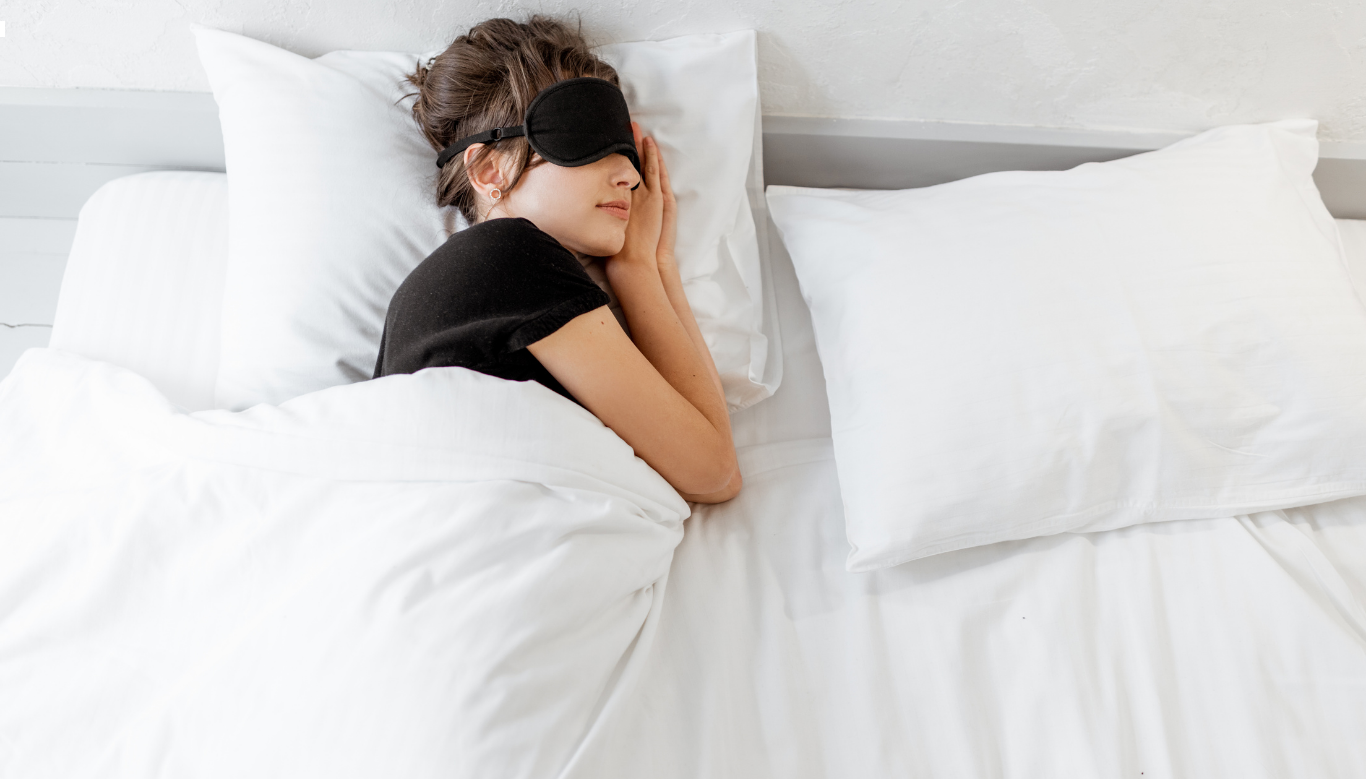Hot flashes, night sweats, racing thoughts at 2 a.m.—sound familiar? Sleep and stress often become two of the biggest struggles during menopause. And while it’s easy to feel like they’re out of your control, there are simple, science-backed ways to improve both.
As a Menopause Coaching Specialist, I want you to know this: you’re not broken—your body is adapting. With the right strategies, you can take back control of your rest and resilience.
😴 Why Sleep Matters During Menopause
Sleep isn’t just about feeling rested—it impacts almost every system in your body. During menopause, poor sleep can worsen:
- Hot flashes and night sweats
- Mood swings and irritability
- Brain fog and memory issues
- Weight management challenges
- Heart health and immune function
Getting adequate sleep helps your body regulate hormones, manage appetite, and recover from workouts. Think of it as your body’s natural reset button.
🧘 Why Stress Feels Harder Now
Hormonal changes during menopause can also make you more sensitive to stress. Cortisol, the body’s primary stress hormone, can stay elevated longer, leaving you feeling wired, anxious, or fatigued. High stress can also worsen hot flashes, disrupt sleep, and make healthy habits harder to stick with.
Managing stress isn’t about eliminating it—it’s about giving your body tools to recover.
🛠️ Strategies to Improve Sleep and Manage Stress
Here are simple, realistic practices that can help:
Create a Sleep-Friendly Environment
- Keep your bedroom cool (aim for 65–68°F)
- Use moisture-wicking sheets and pajamas if night sweats are an issue
- Stick to a regular bedtime and wake-up time
- Limit screens 30–60 minutes before bed
Build Calming Bedtime Routines
- Gentle stretching or yoga
- Deep breathing or meditation
- Reading a book or journaling
Manage Stress During the Day
- Move your body: regular exercise lowers cortisol and improves sleep quality
- Mindfulness practices: even 5 minutes of breathing can reset your nervous system
- Stay connected: talking with friends or a support group reduces stress and feelings of isolation
Nutrition and Lifestyle Tips
- Limit caffeine (especially after noon)
- Reduce alcohol—it might make you sleepy at first, but it disrupts deep sleep cycles
- Eat balanced meals with protein, fiber, and healthy fats to avoid blood sugar crashes that can affect sleep
🌿 When to Seek Support
Sometimes, lifestyle changes aren’t enough on their own. If sleep issues or stress feel overwhelming, reach out to your doctor to discuss options and rule out other conditions. You don’t have to suffer through this stage alone.
The Bottom Line
Sleep and stress challenges are common during menopause, but they are not inevitable. By creating healthier routines, supporting your body with the right nutrition and movement, and practicing stress management techniques, you can restore balance and energy.
Menopause is not about losing control—it’s about finding new ways to thrive.


